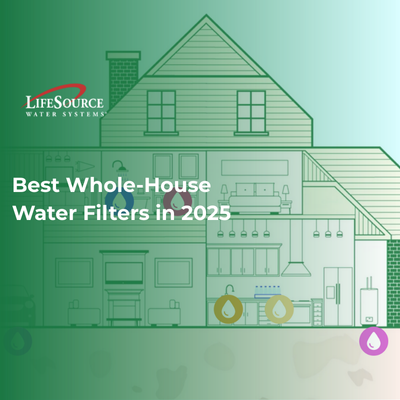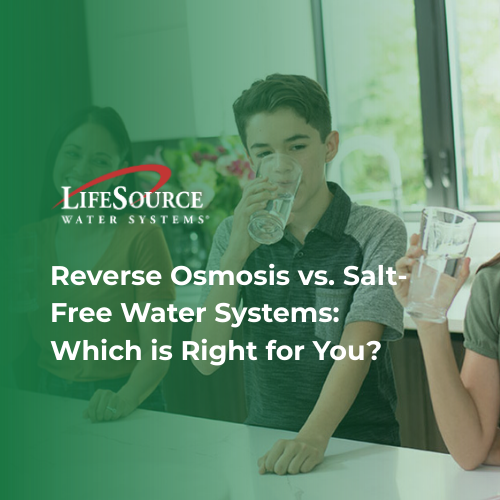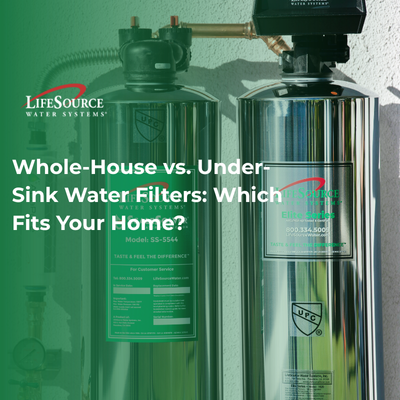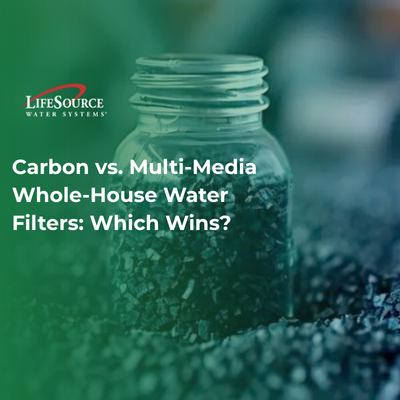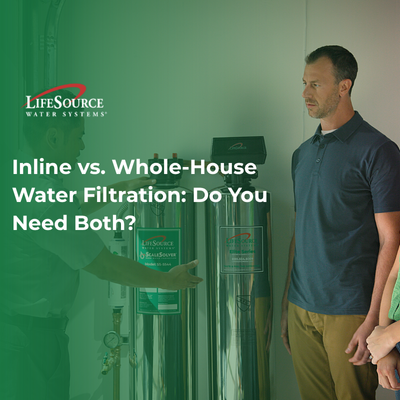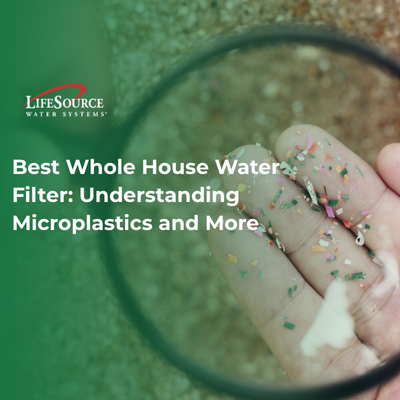
San Francisco has always been at the forefront of environmental ideas, and now the city is revolutionizing water filtration. They were the first city to ban plastic grocery bags. A couple of years ago, Mayor Gavin Newsom also banned plastic bottle use in restaurants and city buildings. Now, San Francisco has taken even further steps in hopes of becoming a bottle less city.
If you have taken a recent walk through the city of San Francisco, you may have noticed some strange new contraptions: metal boxes that dispense tap water with the push of a button. In our day, they were called drinking fountains. But now the official lingo is "tap water refilling stations."
Apparently, the difference is that the new version makes it easier to position a bottle underneath the spigot in the hopes people will use their own reusable bottles. The "refilling stations" are a project of the Department of the Environment, the Public Utilities Commission and Global Tap, LLC and are designed to promote free access to tap water.
There are currently seven around town with the goal of 15 - in Golden Gate Park, Crocker Amazon, UCSF, the Academy of Sciences, the Marina Green, the airport and several schools. The units are replacing already existing drinking fountains and cost a combined total of $37,000. The PUC and Global Tap are splitting the cost.
According to the PUC, the city's tap water costs $.003 per gallon versus $1-$4 per gallon of bottled water. And it's much better for the environment since it doesn't come in plastic bottles. The city's tagline for the project is, "Don't fall into the plastic water bottle trap. Drink tap!”
LifeSource Water Systems envisions tap water refilling stations throughout the world. The only difference would be that LifeSource Water filters out the odor and taste of chlorine, making the consumer more apt to actually WANT to drink tap water. When filtered water is available, people will choose it because there’s no aversion to the taste.
The first LifeSource filtered filling station project was installed at Pasatiempo Golf Course in Santa Cruz last year. The golf pro there, Ken Woods, was concerned about the number of plastic bottles being recycled daily and wanted to make a change. Each golf member was given a reusable water bottle and there are now many filter houses positioned throughout the course (see picture). Their members can refill and hydrate with delicious, chlorine free water without any negative environmental impact. The efforts of Pasatiempo are further proof that it doesn’t take much to eliminate bottled water and have great tasting filtered water from every tap.
San Francisco has always been at the forefront of environmental ideas, and now the city is revolutionizing water filtration. They were the first city to ban plastic grocery bags. A couple of years ago, Mayor Gavin Newsom also banned plastic bottle use in restaurants and city buildings. Now, San Francisco has taken even further steps in hopes of becoming a bottle less city.
If you have taken a recent walk through the city of San Francisco, you may have noticed some strange new contraptions: metal boxes that dispense tap water with the push of a button. In our day, they were called drinking fountains. But now the official lingo is "tap water refilling stations."
Apparently, the difference is that the new version makes it easier to position a bottle underneath the spigot in the hopes people will use their own reusable bottles. The "refilling stations" are a project of the Department of the Environment, the Public Utilities Commission and Global Tap, LLC and are designed to promote free access to tap water.
There are currently seven around town with the goal of 15 - in Golden Gate Park, Crocker Amazon, UCSF, the Academy of Sciences, the Marina Green, the airport and several schools. The units are replacing already existing drinking fountains and cost a combined total of $37,000. The PUC and Global Tap are splitting the cost.
According to the PUC, the city's tap water costs $.003 per gallon versus $1-$4 per gallon of bottled water. And it's much better for the environment since it doesn't come in plastic bottles. The city's tagline for the project is, "Don't fall into the plastic water bottle trap. Drink tap!”
LifeSource Water Systems envisions tap water refilling stations throughout the world. The only difference would be that LifeSource Water filters out the odor and taste of chlorine, making the consumer more apt to actually WANT to drink tap water. When filtered water is available, people will choose it because there’s no aversion to the taste.
The first LifeSource filtered filling station project was installed at Pasatiempo Golf Course in Santa Cruz last year. The golf pro there, Ken Woods, was concerned about the number of plastic bottles being recycled daily and wanted to make a change. Each golf member was given a reusable water bottle and there are now many filter houses positioned throughout the course (see picture). Their members can refill and hydrate with delicious, chlorine free water without any negative environmental impact. The efforts of Pasatiempo are further proof that it doesn’t take much to eliminate bottled water and have great tasting filtered water from every tap.


